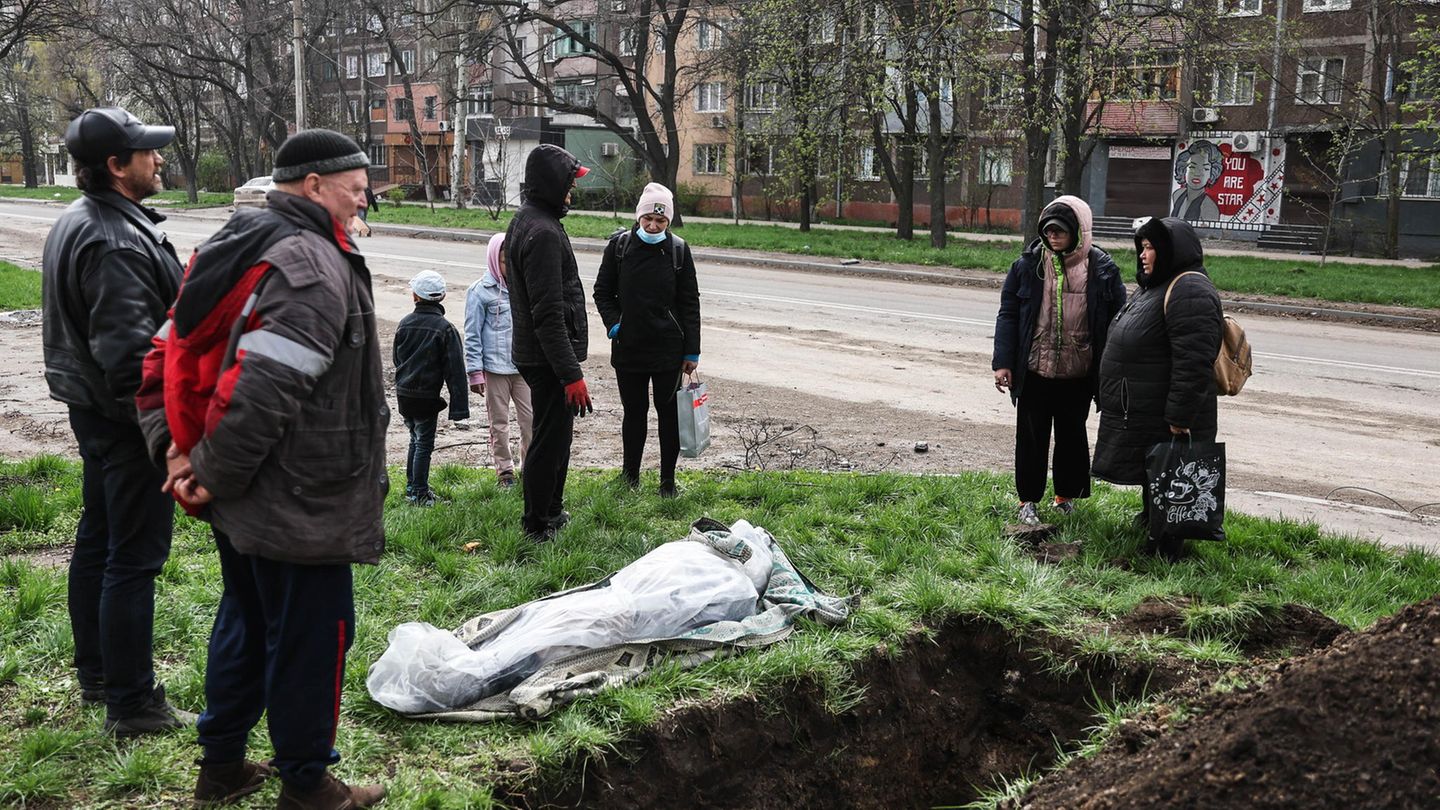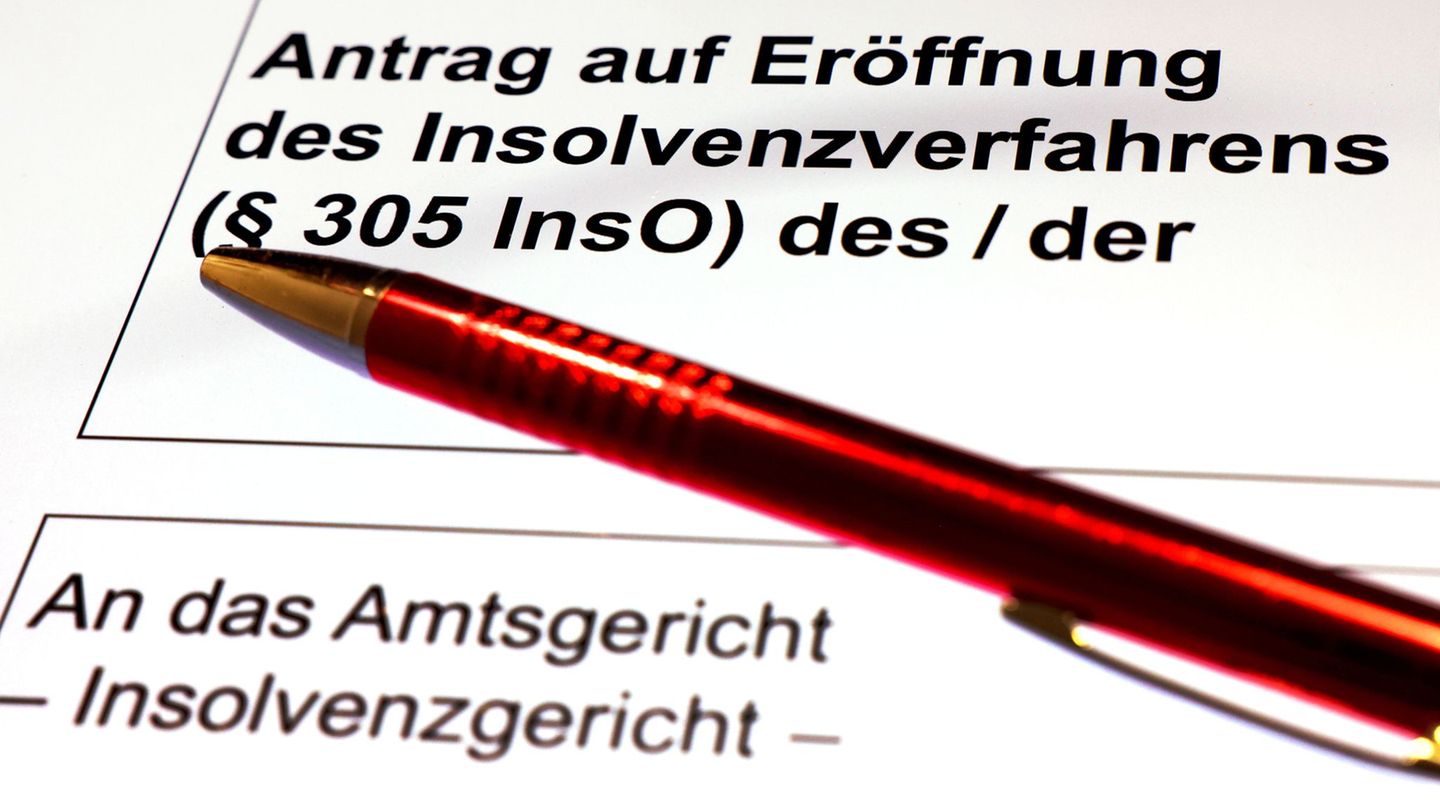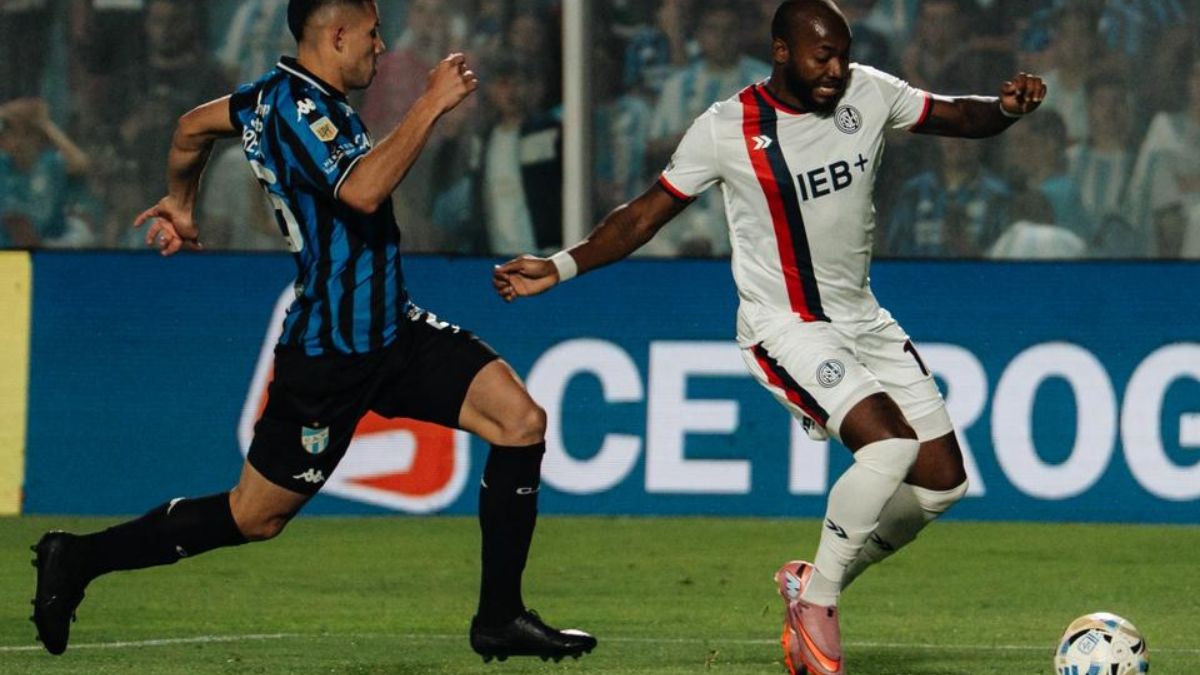The Ukrainian President Volodymyr Zelenskyj recently described the situation in the embattled port city of Mariupol as “as difficult as possible”. He accused the Russian military of blocking all humanitarian corridors to rescue Ukrainian citizens.
“Since the beginning of the war, the Ukrainian government has proposed more than 340 humanitarian corridors. The (Russian) occupiers accepted around 300 and de facto 176 really worked,” the Ukrainian ministry responsible said. Since the beginning of the Russian war of aggression on February 24, a total of 300,000 Ukrainians have been brought to safety via escape corridors.
Citizens who are in the hands of Russian units are being deported or mobilized for Russian units, Zelensky said. Moscow has not yet responded to the suggestion to exchange prisoners.
The situation in the badly damaged Mariupol is considered dramatic. Recently, hundreds of Ukrainian fighters and at least a thousand civilians had entrenched themselves in the steelworks located there and put up bitter resistance. The fighters had rejected a capitulation, as suggested by the Russian side.
Appeal from Mariupol to the world
Meanwhile, the Ukrainian government says it has agreed with the Russian troops on an escape corridor for civilians. The civilians are to be taken to the city of Zaporizhia. This is the first escape corridor from Mariupol since Saturday.
Taking Mariupol would be an important strategic victory for the Russian army in the Ukraine War. Control of the Sea of Azov port city would help Russia establish a direct land connection between the annexed Black Sea peninsula of Crimea and areas controlled by pro-Russian separatists in Donbass.
In a dramatic appeal, the Ukrainian commander of the remaining marines in the heavily contested port city of Mariupol asked for an evacuation to a third country. “The enemy has a 10-to-1 advantage over us,” Serhiy Volyna, commander of Ukraine’s 36th Marine Brigade, said in a video message posted on Facebook.
He is asking for the military of the Mariupol garrison, more than 500 wounded fighters and hundreds of civilians to be taken to safety on the territory of a third country. “This is our appeal to the world,” said Wolyna. “This could be the last appeal of our lives.”
Help from abroad?
In Germany, the debate about a delivery of heavy weapons continues even after the recent statement by Chancellor Olaf Scholz (SPD). For the Green politician Anton Hofreiter and the FDP politician Marie-Agnes Strack-Zimmermann, Scholz’s statements on Tuesday evening do not go far enough. The Ukrainian Ambassador Andriy Melnyk was also dissatisfied.
Scholz has promised Ukraine to finance direct arms deliveries from German industry. “We asked the German armaments industry to tell us what material they can deliver in the near future,” he said on Tuesday. “Ukraine has now adopted a selection from that list and we are providing them with the money to purchase it.” As before, these include anti-tank weapons, anti-aircraft equipment, ammunition “and also anything that can be used in an artillery battle”.
Melnyk criticized the Chancellor’s announcement as insufficient. They were noted in the Ukrainian capital of Kyiv “with great disappointment and bitterness,” Melnyk told the German Press Agency. In the ZDF “heute journal” he also complained: “The weapons that we need are not on this list.”
Hofreiter told the news portal t-online: “The support announced by Olaf Scholz for our partner countries in supplying arms to Ukraine is another step in the right direction, but it’s not enough.” On Twitter, Strack-Zimmermann welcomed the fact that Scholz would take up the proposal to supply Ukraine with weapons that can be used immediately via Eastern European partners, which Germany would then compensate. “But you have to fight for freedom and human rights, you don’t get them for free. There hasn’t been enough concrete information on that today.”
Source: Stern
David William is a talented author who has made a name for himself in the world of writing. He is a professional author who writes on a wide range of topics, from general interest to opinion news. David is currently working as a writer at 24 hours worlds where he brings his unique perspective and in-depth research to his articles, making them both informative and engaging.




